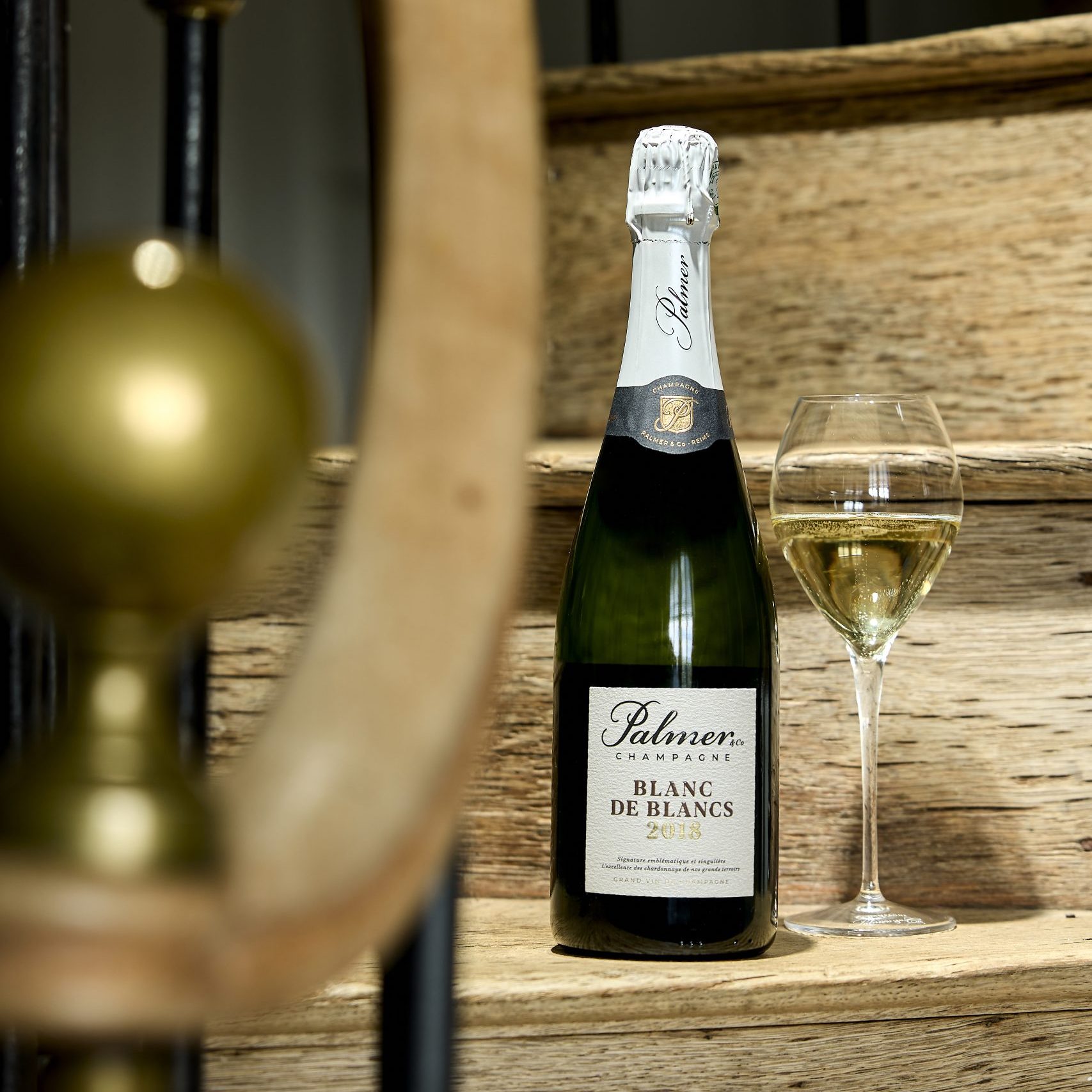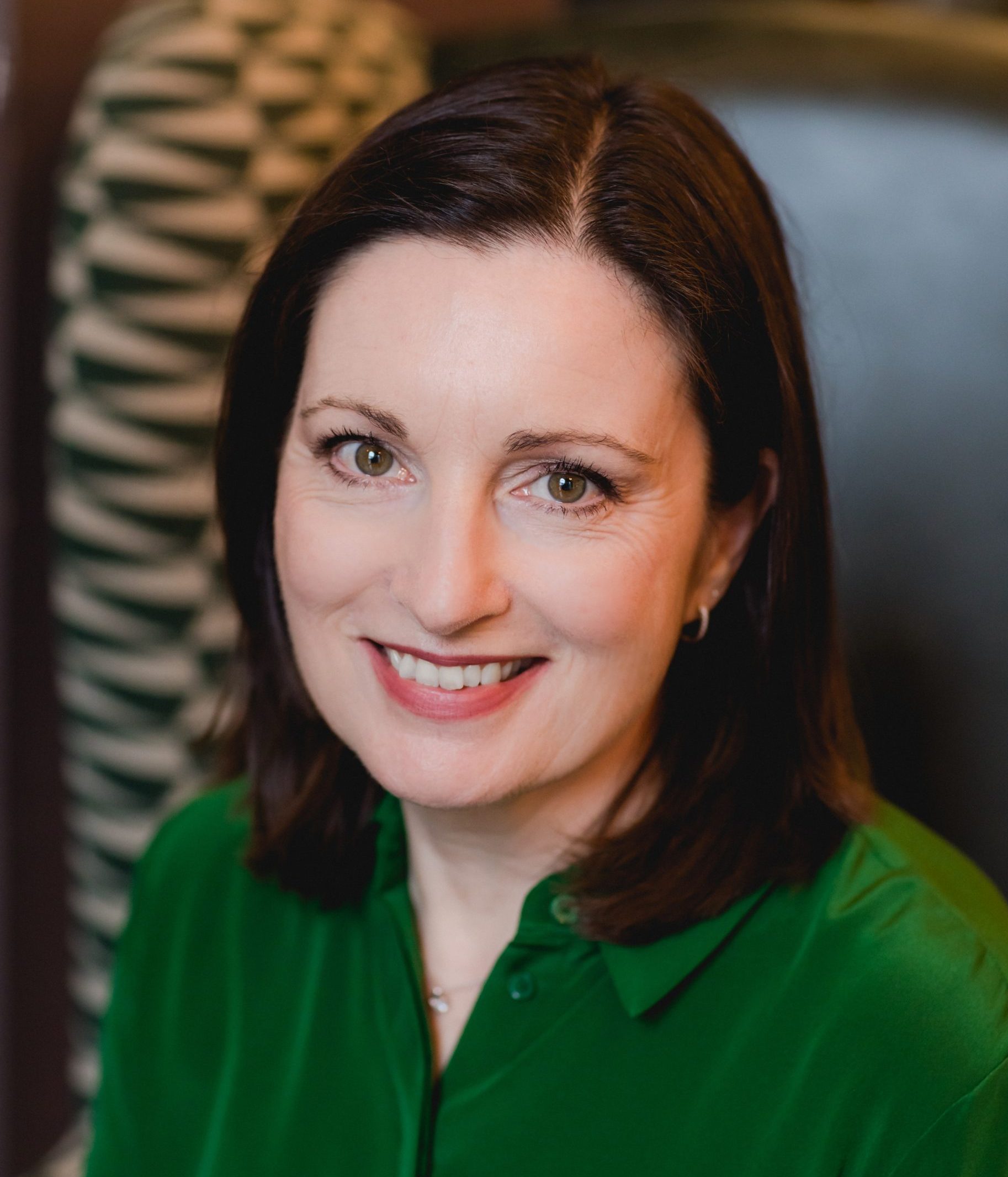Hard talk: Big beer brands get serious about seltzers
With the hard seltzer category enjoying a 600% uplift in sales over the past two years, and the category now estimated to be worth €4.5 billion, big beer brands are clamouring for dominance within the buoyant sector.
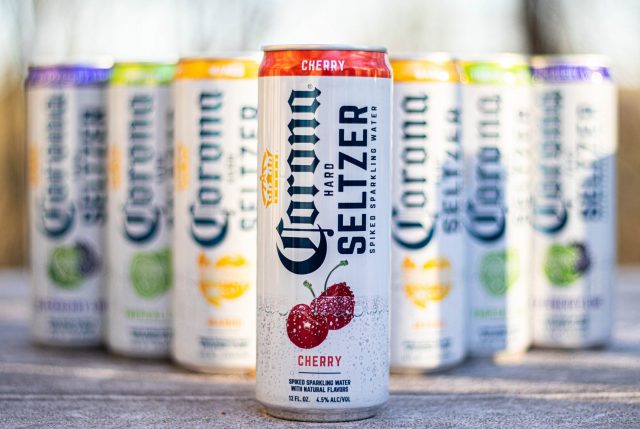
In the boxing ring a Good Big ‘Un usually beats a Good Little ‘Un. But sometimes craft upsets the outcome. Take the world’s biggest brewer AB InBev, the behemoth forged by the relentless succession of takeovers and ruthless cost cutting under Carlos Brito, who retired at the weekend.
When he took over in 2005, ABI was worth US$26bn on annual sales of US$14.5bn; today its sells US$47bn worth of beer and has a stock market value of US$120bn.
For the first 10 years of his management shareholders saw the shares rising from US$40 to US$122 at their high point in late autumn 2015.
But as the shares peaked he overreached in his desire to dominate the world of brewing and in November 2015 paid more than US$100bn for SAB Miller in what remains the London stock market’s biggest successful takeover bid.
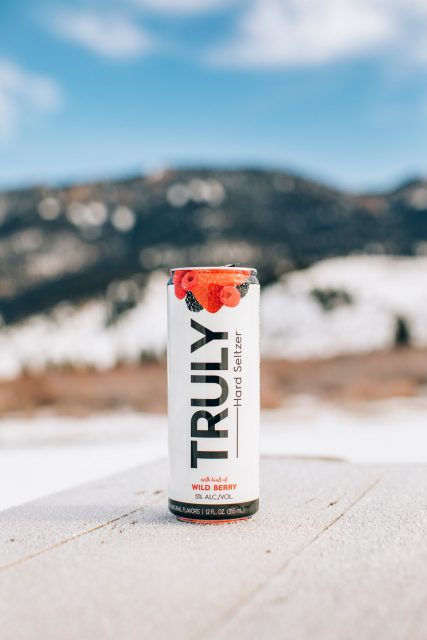
To fund his deals, Brito took on a mountain of debt, which still stands at a net US$83bn, a crippling 60% of the shareholder funds in ABI.
Despite reasonable sales performance and profitability, the cost of servicing that debt, even at today’s rock bottom interest rates, has sent the shares back down to US$59, less than double what they were back in 2005.
So the Brito business bludgeon is about to be refined. His successor, Michel Doukeris, another native Brazilian, is hailed by chairman Martin Barrington as the “right leader to take the company into its next phase of organic growth”.
Note the word ‘organic’. There are few targets Doukeris could set his sights on even if regulators would countenance further bids from ABI. Nor would adding to the debt mountain be good for shareholders’ hearts.
So Doukeris will have to grow the profitability of brands such as Budweiser, MIchelob, Stella Artois and Corona (which ABI owns everywhere outside the US).
All producers argue that their products, even those as big as Bud, are ‘craft’ products. After all, they all involve human knowledge and skill. Some are just on a bigger scale than others, they claim.
But the public sees a different picture. ‘Craft’ has become synonymous with small scale, niche, even boutique.
If Brito’s shareholders had cashed in their US$122 a share in autumn 2015 and reinvested in what has become the totemic craft brewer, Boston Beer, they would be sitting on a 500% profit, not the halving of their funds achieved by ABI over the past six years.
Boston was founded only in 1984 when Jim Koch discovered his great-great grandfather’s recipe for lager in his father’s attic.
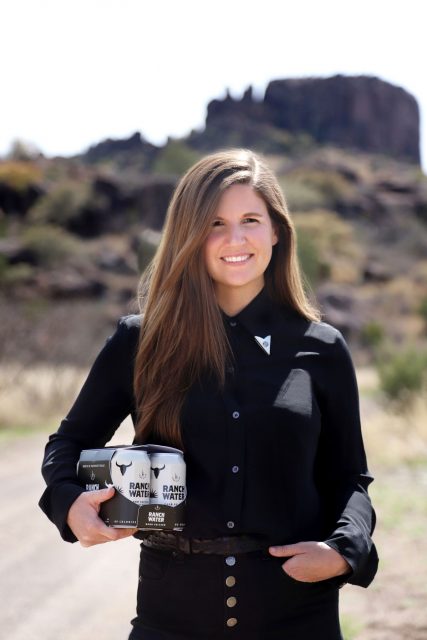
His Boston Lager became made its public debut on Patriot’s Day in April 1985. Six weeks after its introduction, it was voted ‘The Best Beer in America’ and Boston rapidly became the catalyst of the craft beer revolution in the US.
Partner Content
Key to progress was the introduction of the Samuel Adams brand, named after a Founding Father of the US and one of Boston’s most famous sons. The company’s shares now have the code SAM on US stock markets.
For the next 25 years Boston Beer’s fortunes grew steadily as the reputation and availability of its craft beers spread. By spring 2011 a share was worth US$80 each but a decade later the value has multiplied 13-fold to US$1,110, valuing SAM at £13.5bn.
Why in shareholder terms has the Good Little ‘Un trounced the Good Big ‘Un over the past five or so years? The ‘craft’ movement gave it much impetus, but part of the answer is also luck.
Only 18 months ago SAM’s shares were worth US$306 each, just under a third of where they stand today. But then came coronavirus, lockdown and the hard seltzer explosion in the US.
The category hardly existed in 2018 but it had an estimated value of €4.5bn a month ago, according to Neilsen data, the soaring sales triggered by on premise shutdowns and rapidly changing consumer tastes for at-home consumption.
Sales are up nearly 600% over the past two years and are forecast to top US$15bn in the US alone by 2025.
David Burwick, Boston Beer’s chief executive, claims a 28% market share for his Truly brand, new favours of which are being rushed out, plus a Sam Adams line. Hence the soaring shares.
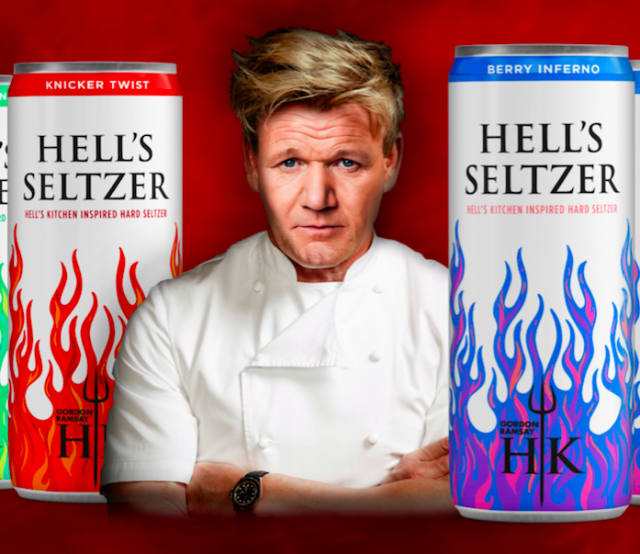
Big brewers were the big losers last year but although SAM’s hard seltzer sales are up by 48% over the past 12 months, it too took a hit in the beer division.
Now the Big ‘Uns are coming out fighting. At AB InBev Doukeris has already launched a US$1bn two-year expansion programme to produce seltzers under the Michelob and Bud banners among others.
Constellation Brands was caught out last summer when demand for its Corona and Modelo variants left them out of stock; it too is putting in place extra production facilities to grow its 7% market share.
Molson-Coors says it has “big ambitions” for the category and Diageo, which only bought the Lone River Ranch Water brand two months ago, is already extending its distribution from Texas and Louisiana to a further 20 states.
Even rappers and celebrity chefs (Gordon Ramsay) are jumping on the hard seltzer endorsement bandwagon. They all believe the category is here to stay and that it will rapidly spread worldwide. For instance, Brewdog is leading the charge in the UK and Heineken is soon to follow
The scramble into the market could cause headaches for Boston’s Burwick. He too faces production constraints, but predicts sales increasing by a further 50% this year.
With the extra investment in advertising and promotion to protect SAM’s position, costs will be under pressure. The shares have slipped US$200 from their mid April peak as a result.
Analysts predict a further year of profitable growth if Burwick continues to box clever, even if Boston is not so little now.

